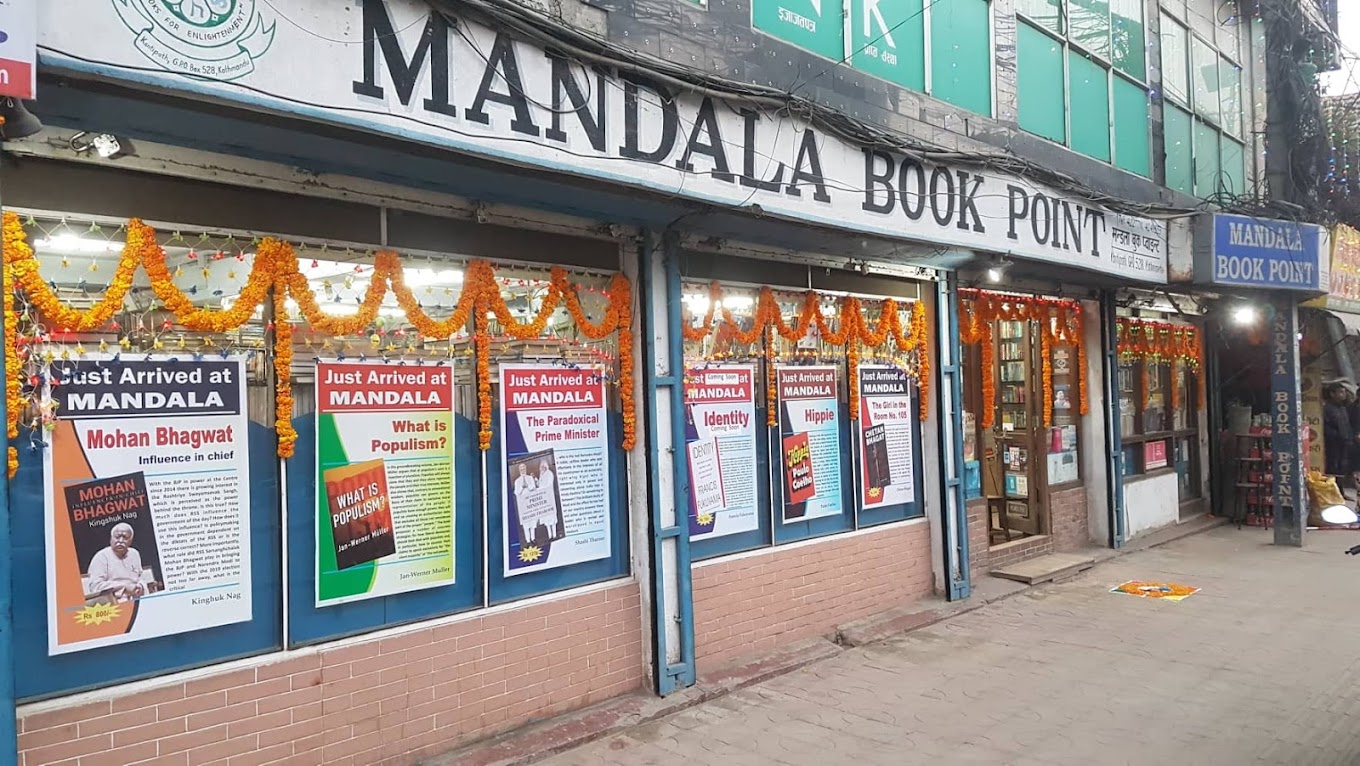 Industry Insights: Returns, the latest report from RISE Bookselling, a project led by the European and International Booksellers Federation, analyzes seven case studies exploring how book returns work in Latvia, Luxembourg, the Netherlands, New Zealand, Slovakia, Spain, and Sweden.
Industry Insights: Returns, the latest report from RISE Bookselling, a project led by the European and International Booksellers Federation, analyzes seven case studies exploring how book returns work in Latvia, Luxembourg, the Netherlands, New Zealand, Slovakia, Spain, and Sweden.
The International Publishers Association newsletter reached out to Daniel Martin Brennan and Tora Åsling, policy adviser and policy officer, respectively, at the EIBF, to discuss the study. "Each country and market may have a different way they might implement and manage this process," they noted. "This is one of the reasons why we wanted to commission an industry insights report to better understand what exactly is different, or perhaps the same, and could be learnt from better understanding these processes in the interim both from an efficiency and environmental point of view." They cited three particular insights gained from the report:
- Efficient book returns depend on data.
- In some markets, there is an overproduction of books.
- Market dynamics influence returns.
When asked about final recommendations and next steps in the process, they suggested "cooperation and dialogue! We need publishers, wholesalers, and booksellers to work together, but also bookshops, both big and small, to learn and develop together. The key is more efficiency, better curation and experimentation to see what can work for the local market and how we can balance the environmental impact of book returns."
---
 In Nepal, the Covid-19 pandemic had a profound impact on the book trade. The Kathmandu Post (via ANN) reported that official data shows book imports have been rising. According to Nepal Rastra Bank, Nepal imported books worth Rs792 million (about $6 million) in the fiscal year 2019-20, before the pandemic started.
In Nepal, the Covid-19 pandemic had a profound impact on the book trade. The Kathmandu Post (via ANN) reported that official data shows book imports have been rising. According to Nepal Rastra Bank, Nepal imported books worth Rs792 million (about $6 million) in the fiscal year 2019-20, before the pandemic started.
During the Covid lockdown phase, the importation of books and magazines dropped by 31% year-on-year, to Rs545.4 million (about $4.1 million) in 2020-21, before rebounding in 2021-22 to Rs984.8 million (about $7.5 million) from India alone, up 81% from the previous year, per government statistics. According to the central bank, Nepal imported books and magazines worth Rs1.03 billion (about $7.8 million) in the first 11 months of fiscal year 2022-23.
Prem Prasad Sharma, owner of Books Mandala shops in Pokhara and Kathmandu, said, "The book business is growing sharply in Nepal. The boost came after the Covid-19 pandemic. As people stayed home for a long time during the lockdowns, they turned to reading books. Dependable and faster internet service helped sellers to advertise their books digitally. People bought books online during the Covid period. Other supporting infrastructure such as digital payment, cash on delivery, and improved delivery systems also propelled the growth of online book stores."
On the downside, bricks-and-mortar bookshops have been hit hard by book piracy. "The increase in book sales has attracted pirated copies in the market," said Likhat Prasad Pandey, president of the National Booksellers and Publishers Association of Nepal. "The purchasing power of the people has decreased lately due to slowed economic growth. Therefore, the market is flooded with pirated copies as they are available at a cheaper rate."
---
The Canadian Independent Booksellers Association showcased Allison the Bookman, North Bay, Ont., describing the bookshop as "steeped in history and full of excellent books. This year, Allison the Bookman is celebrating 50 years in business. The family-run shop is known for its wide selection, knowledgeable staff, and friendly atmosphere. It has served, and will continue to serve, generations of readers." --Robert Gray
 "Visiting an independent bookstore makes me feel like I'm experiencing culture as it's happening, and I know that's all because of booksellers. They are curators of minds, ideas, inner landscapes, and knowledge. Booksellers do so many amazing things for communities: orchestrating events large and small, supporting new authors (like me!), cultivating inclusive spaces, and reading a prolific number of books to match readers with stories they'll love. (I must add that bookseller recommendations often end up being my favorite books of all time.) Most of all, booksellers are a critically important bridge between writers and readers. To all the booksellers out there, I could not be more grateful for your support."
"Visiting an independent bookstore makes me feel like I'm experiencing culture as it's happening, and I know that's all because of booksellers. They are curators of minds, ideas, inner landscapes, and knowledge. Booksellers do so many amazing things for communities: orchestrating events large and small, supporting new authors (like me!), cultivating inclusive spaces, and reading a prolific number of books to match readers with stories they'll love. (I must add that bookseller recommendations often end up being my favorite books of all time.) Most of all, booksellers are a critically important bridge between writers and readers. To all the booksellers out there, I could not be more grateful for your support." 




IPC.0204.S3.INDIEPRESSMONTHCONTEST.gif)






 A new Barnes & Noble location is opening in West Lebanon, N.H., on August 9.
A new Barnes & Noble location is opening in West Lebanon, N.H., on August 9.
IPC.0211.T4.INDIEPRESSMONTH.gif)

 In Nepal, the Covid-19 pandemic had
In Nepal, the Covid-19 pandemic had 

 The Stories We Cannot Tell
The Stories We Cannot Tell In Brooklyn Crime Novel, Jonathan Lethem (
In Brooklyn Crime Novel, Jonathan Lethem (